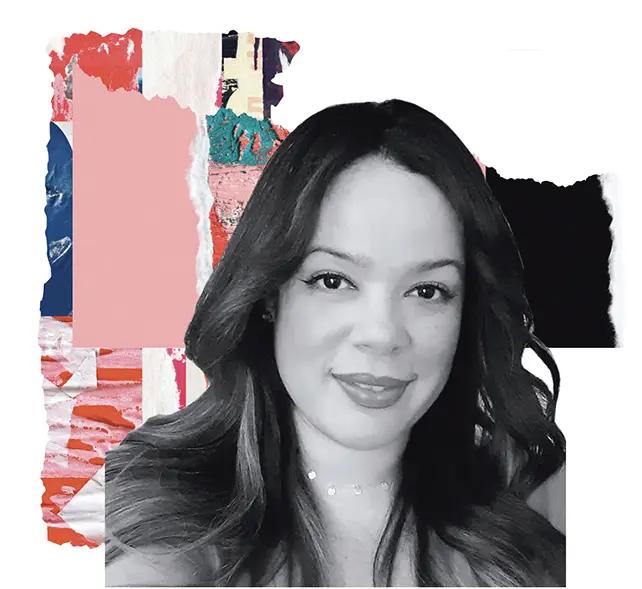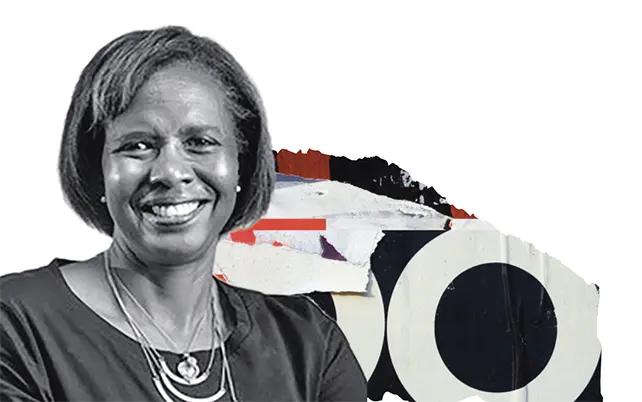Hernandez-Hidalgo of Merced, California, also was diagnosed quickly. A multi-racial yoga instructor and the mother of two girls, she remembers the exact date she first heard a neurologist tell her that she had MS: Dec. 24, 2010. At the time, she was a 19-year-old psychology major at the University of California at Merced. After experiencing vision problems, she had an MRI and was diagnosed with MS the same day.“It was a fast diagnosis,” she says. “I know people who go months and years, so I’m grateful.”Hernandez-Hidalgo has blonde hair and white-appearing skin. She says her appearance affords her privilege that she can use to advocate for her relatives and for other people with MS who don’t have the same privilege. She points to her grandmother, who lives in an assisted living center. Hernandez-Hidalgo says she has gone to the center to help her grandmother with basic care, things she argues the staff members should do as a matter of course.Rosenthal points out that many of her patients of color carry their experiences of medical bias with them, making any visit to a healthcare professional stressful. “They are wondering, ‘Am I being judged?’” she says. “Sometimes, you have to address that and look for ways to make your patients feel comfortable.”Rosenthal believes that things may also begin to improve for people of color with MS when healthcare providers question the personal attitudes and assumptions that lead them to treat some patients differently. “A lot of doctors are oblivious to their own bias,” Rosenthal says. “You have to acknowledge first that it may be there.”






